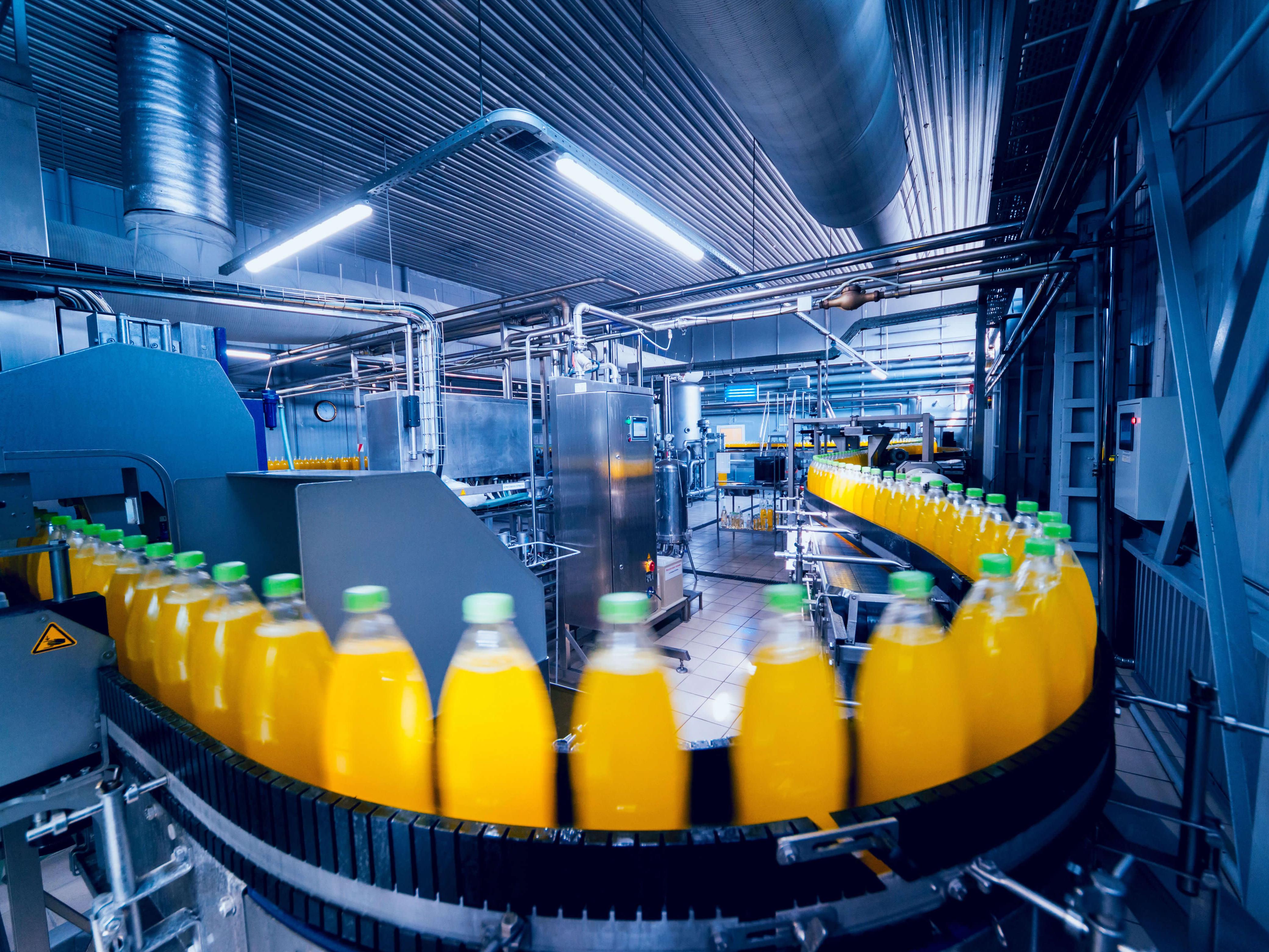
Posted to News on 12th Mar 2021, 09:30
£26 billion boost to the economy pinpointed
Transforming manufacturing resilience in UK could dramatically alter financial landscape

RS Components has launched the Resilience Index, described as one of the most comprehensive studies of its kind.
It paints a mixed picture for senior engineers looking to build resilience into their plant, process, and people in the years to come.
Transforming manufacturing resilience in the UK could add £26bn of productivity value to the economy, bringing it in line with some of the best-performing European nations and providing greater protection to the businesses and individuals that rely upon it, according to the Resilience Index commissioned by RS Components.
In-depth study
The business commissioned an in-depth study, which mined 20 years of data from six sources of data across investment, productivity and employment to track the resilience of some of the UK’s most prominent industries.
The index reveals that, even though UK manufacturing’s resilience is higher than the UK average base, it needs to add 18 additional points, where one point of the index is worth £1.4bn to its score, if it is to match some of the top-performing nations for productivity and add £26bn to the economy.
According to RS Components. the research shows that, when taking a broader look at the data and tracking industries such as manufacturing, construction and financial services since 2001, the UK is consistently behind the western European average.
Weaknesses in manufacturing
RS Components’ Resilience Index, a study of six different datasets spanning 20 years, shows that while many key areas of UK manufacturing are showing vital signs in key measures of business resilience, others are more fragile.
Food production, metals and the textiles sectors are not only below the manufacturing average, but below the UK average, too. While they were making small gains in the early 2000s, after the financial crash of 2008 these reversed and have never recovered.
The chemicals industry is among the most resilient of the manufacturing categories. After suffering a dip, post-financial crisis levels have continued to improve at a speed greater than the manufacturing average – and in line with their consistently higher than average rates of investment.
Wild fluctuations
The oil and gas manufacturing industry also shows high levels of resilience, although this fluctuates wildly, depending on the volatile price of oil and level of production. However, even when oil prices and production have been at their most extreme, resilience has still been at least 42% higher than the rest of the manufacturing sector.
The engineering and vehicles industry has remained fairly resilient. At the financial crash, its level of resilience faltered much less than the rest of the sector and UK economy. Not long after it rose again, supported by continued investment.
“In the face of multiple economic, social and political challenges, this study shows what many senior engineers have known and feared for many years – UK manufacturing has to build greater resilience to improve performance,” says Emma Botfield, UK & Ireland managing director, RS Components.
Behind Europe
“Our sector is improving productivity and safety all the time, but it still stands behind Europe in output, and that is something which must change for future growth and prosperity. We certainly have the potential to unlock the £26bn productivity opportunity, and the determination and desire are certainly there to do it, but it must be achieved sustainably. This is why resilience is so vital to our future.
“The last 12 months have been the most challenging that our industry has faced and with our successes interwoven into trade relations and the flow of goods across borders, resilience needs to be built into the network.”
While financial services, utilities and manufacturing have levels of resilience above the UK average, construction and services industries have lagged behind the national average consistently since 2001.
Economic shockwaves
While the economic shockwaves from both the implications of the UK leaving the EU and COVID-19 lockdowns is largely unknown, it has placed business resilience – from supply chain to technology, to skills and training – under the spotlight.
Botfield adds: "The idea of resilience within a business isn’t just having cash in the bank to weather the storm; it’s investing in the latest processes, equipment, products and ways of working, as well as having protected, highly trained, well equipped and motivated people.
"Building resilience into organisations is likely to be a legacy of the COVID-19 pandemic and, for the UK, Brexit cross-border trade, and will see companies sink or swim in this sea-change of business operations.”
Want the latest machine building news straight to your inbox? Become a MachineBuilding member for free today >>

















